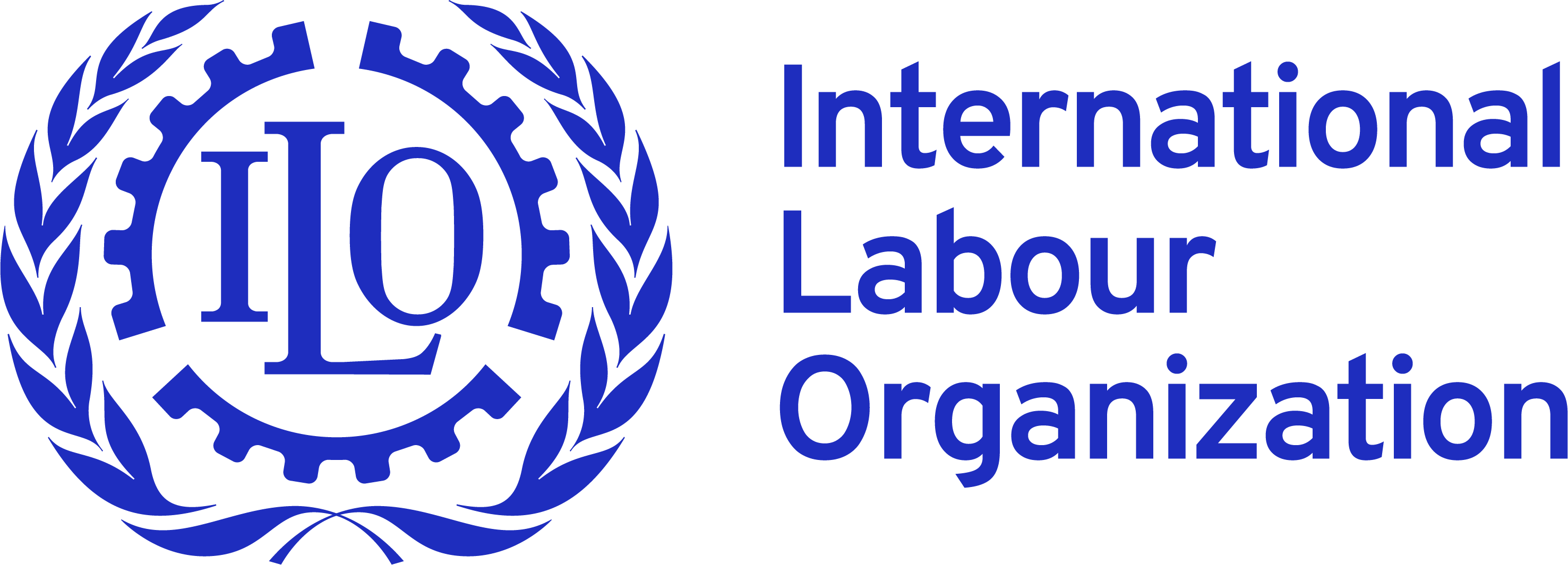Global modern slavery figures up 25 percent

OUR GLOBAL fight against the misery of modern slavery just got a whole lot tougher, according to one seasoned campaigner.
News from the International Labour Organization (ILO), Walk Free and the International Organization for Migration that the number of people worldwide estimated to be living in modern slavery is now 50 million, a 25 percent increase over five years, was received with grave concern by the Institution of Occupational Safety and Health (IOSH).
This month's ILO report defines modern slavery as being comprised of two principal components – forced labour and forced marriage. Both refer to situations of exploitation that a person cannot refuse or cannot leave because of threats, violence, coercion, deception, or abuse of power. The ILO defines ‘forced labour' as referring to “all work or service which is exacted from any person under the menace of any penalty and for which the said person has not offered him/herself voluntarily”.
The deteriorating global picture identifies migrants, women and children as being disproportionately vulnerable, with more than three million (one in eight) of those in forced labour – half of them subject to commercial sexual exploitation – being children. Migrant workers are over three times more likely to be found in forced labour environments than non-migrant adult workers.
Modern slavery occurs in almost every country in the world and cuts across ethnic, cultural and religious lines. More than half (52 percent) of all forced labour can be found in upper-middle income or higher-income countries. The five business sectors which account for the majority of total adult forced labour are services, manufacturing, construction, agriculture and domestic work.
IOSH helped pioneer a new BSI British guidance standard on modern slavery, this year (BS 25700: Organizational responses to modern slavery – Guidance), which guides organisations on how to manage modern slavery risks in their operations, supply chains and wider operating environment, focusing on prevention, identification, response, remediation, mitigation and reporting. The guidance recommends considering modern slavery risks beyond legal compliance, through sound business practices and ethical accountability.
IOSH head of health and safety, Ruth Wilkinson said, “We must do absolutely everything we can to rid the world of these abhorrent crimes which cause untold suffering to millions of people.
“That is why IOSH is continuing to call for more action. Much has been done in Europe and across the world to prevent human rights abuses in businesses. In the UK, the introduction of the Modern Slavery Act was an important step, but much can still be done in the UK and also on a global scale,” added Ruth.
“That's why we'll continue to call on governments, policy-makers, regulators, businesses and others who can make a difference to step up. But we have to work together to end this shameful reality.
In the UK, for example, IOSH believes more could be done to:
- Remove the opportunity for organisations to simply say they have taken no action to tackle modern slavery in their supply chains
- Progressively reduce the £36m threshold for reporting
- Extend the licensing powers of the Gangmasters and Labour Abuse Authority to other at-risk sectors.
Looking more globally, much could also be done to:
- Encourage companies to improve their understanding and oversight of all tiers of their supply chains
- Consider modern slavery risks beyond legal compliance by legally incentivising the identification and assessment of modern slavery risks in business operations and supply chains and to take steps to mitigate and address them.
IOSH chief executive, Vanessa Harwood-Whitcher said, “We must go further if all of us are to recognise the distress felt by 50 million people across the world and work in unison to stop it. There has to be a culture change, with organisations taking prompt preventative action and being held to account if they don't.
“IOSH believes OSH professionals have an invaluable role to play in supporting employers to develop a strong learning culture on anti-slavery and to deliver the meaningful and visible reporting that will prevent abuses along the whole supply chain,”she added.
In its modern slavery white paper (‘Tackling modern slavery together: the roles of governments, employers, professionals and the public'), IOSH makes a series of calls to action. And as well as running an IOSH programme of learning initiatives focused on modern slavery and human trafficking, here are links to other initiatives designed to help tackle modern slavery:
- Businesses must be “responsible customers” to fight modern slavery, says IOSH
- More action needed to tackle modern slavery, says IOSH
- Government and business urged to fight “insidious” modern slavery
- Government urged to act on new recommendations to tackle modern slavery
- Government “must act promptly” on modern slavery recommendations
This “Eyes on Trafficking” story is reprinted from its original online location.
 ABOUT PBJ LEARNING
ABOUT PBJ LEARNING
PBJ Learning is a leading provider of online human trafficking training, focusing on awareness and prevention education. Their interactive Human Trafficking Essentials online course is used worldwide to educate professionals and individuals how to recognize human trafficking and how to respond to potential victims. Learn on any web browser (even your mobile phone) at any time.
More stories like this can be found in your PBJ Learning Knowledge Vault.
EYES ON TRAFFICKING
This “Eyes on Trafficking” story is reprinted from its original online location.
ABOUT PBJ LEARNING
PBJ Learning is a leading provider of online human trafficking training, focusing on awareness and prevention education. Their interactive Human Trafficking Essentials online course is used worldwide to educate professionals and individuals how to recognize human trafficking and how to respond to potential victims. Learn on any web browser (even your mobile phone) at any time.
More stories like this can be found in your PBJ Learning Knowledge Vault.
